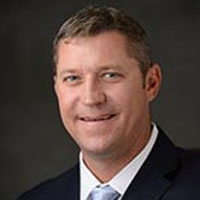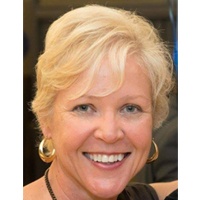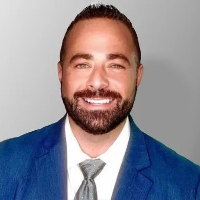 Okeechobee Misdemeanor Lawyers, Florida
Okeechobee Misdemeanor Lawyers, Florida
Sponsored Law Firm
-
 x
x

Click For More Info:
-
Joseph A. Gasparro, PA
813 Jackson Rd Jacksonville, FL 32225» view mapCriminal Defense Law Serving the Best Interests Of Our Clients
When you need accurate representation for criminal defense issues, Joseph Gasparro is there for you.
800-971-8621
Not enough matches for Okeechobee Misdemeanor lawyer.
Below are all Okeechobee Criminal lawyers.
Sponsored Lawyers
1-10 of 50 matches
Criminal, Divorce & Family Law, Accident & Injury, Workers' Compensation, Wills & Probate
Graduated from Florida State University in 1997 (B.S.) and received a J.D. (Juris doctor) from Stetson University College of Law and a Masters in Business Administration in 2001. He is a member of: American Bar Association Florida Bar Association St. Petersburg Bar Association St. Lucie County Bar Association Florida Academy of Criminal Defense Lawyers (FACDL) National Academy of Criminal Defense Lawyers (NACDL)
(more)Criminal, Felony, DUI-DWI, White Collar Crime
If you’re looking for criminal defense, you want an attorney you can trust and feel comfortable with. Attorney Gabrielle Radcliffe is an attorney you can trust to do her best to achieve the best outcome possible in your case. A former prosecutor, and in-house Police Legal Advisor of many years and for numerous law enforcement agencies, Ms. Radcliffe knows what to look for and will advise you about your options and the best way to proceed. Don’t make rash decisions until you talk to her at your free initial consultation.
(more)Accident & Injury, Wrongful Death, Car Accident, Criminal, Estate
Trusted Florida attorney dedicated to protecting the rights of accident victims and helping families through life’s most difficult challenges. At Katz & Associates, we focus on personal injury and accident cases, ensuring our clients receive full compensation for medical expenses, lost wages, and pain and suffering. Beyond injury law, our firm also provides comprehensive counsel in estate planning, business law, and real estate law. With offices across South Florida, we are committed to accessibility, clear communication, and aggressive advocacy. Every case is handled with personal attention, from initial consultation through resolution. Whether you’ve been injured in a car accident, need guidance on a business transaction, or require estate planning services, our mission is simple: deliver results, restore peace of mind, and protect your future. Legal insight for peace of mind.
(more)



 Joseph Gasparro Jacksonville, FL
Joseph Gasparro Jacksonville, FL AboutJoseph A. Gasparro, PA
AboutJoseph A. Gasparro, PA Practice AreasExpertise
Practice AreasExpertise



